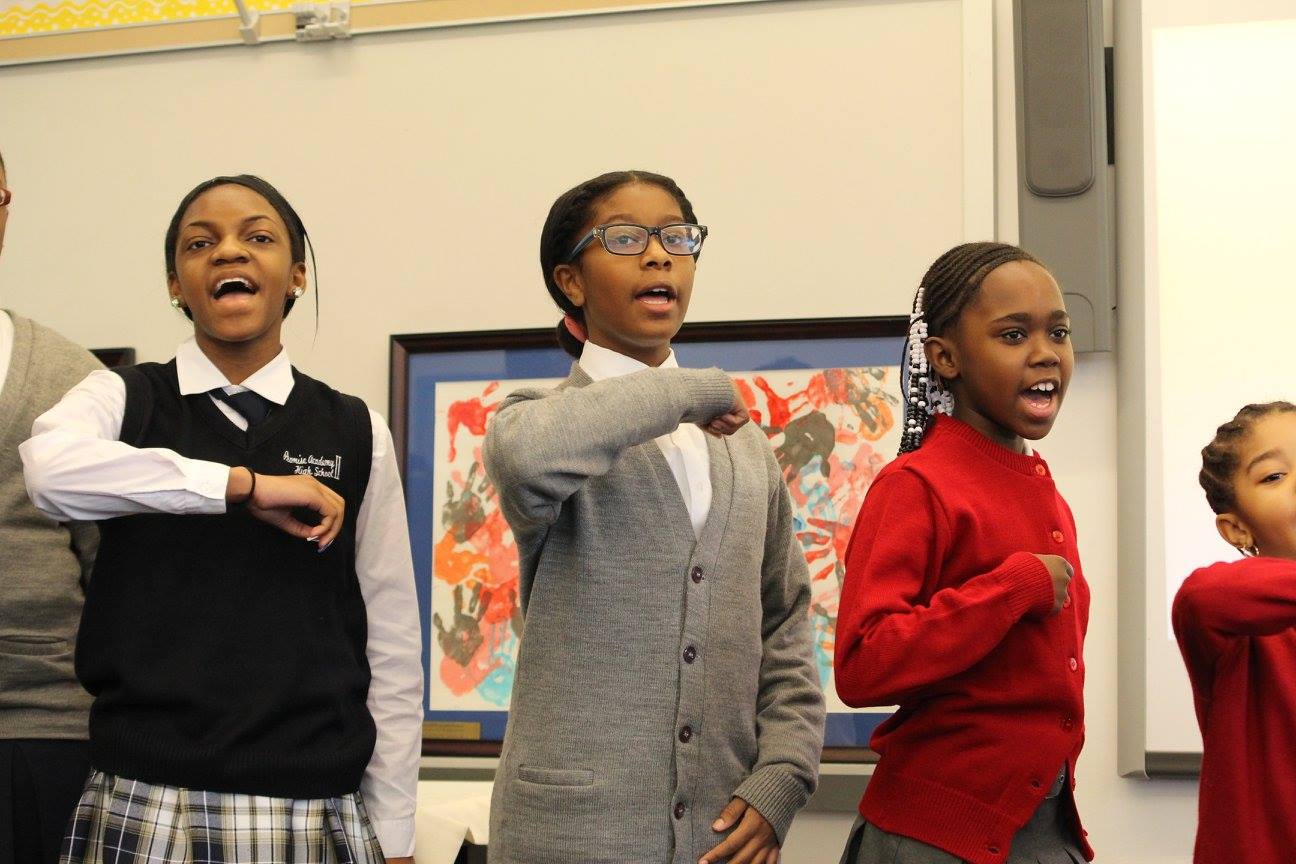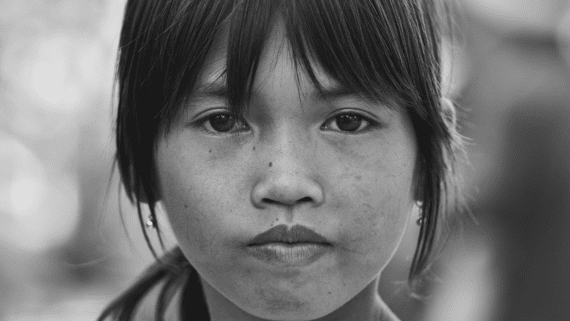By Marlysa Thomas
Reaching the goal of ending hunger by 2030 involves looking to leaders – both past and present – who can help get us there. As we celebrate Black History Month in February, we note the African-American champions of ending hunger and poverty who have led us on this road. From poets to activists and everyday community members, many leaders in the African-American community from Reconstruction to today have dedicated their lives to ending hunger and poverty.
Harlem Children’s Zone
The Harlem Children’s Zone (HCZ) was started in 1970 and later expanded by Geoffrey Canada in 1990. Canada grew up in Harlem and experienced poverty as a young boy. He promised to return to his childhood neighborhood to fight hunger and poverty among low-income children, families, and communities.
For the past 16 years, HCZ has connected service programs in the community to K-12 schools. In 2015, 93 percent of students in the organization’s programs were accepted to college. Last year, the organization provided over 26,000 adults and youth with services ranging from tax preparation, maternal and child nutrition assistance, early childhood education, and food services.
All of these supports contribute to financial stability in the future, which reduces the likelihood of community members experiencing hunger and poverty. In 2009, President Obama lifted this program up as an effective way to reduce hunger and poverty in African-American communities. It has since been replicated in 58 cities across the country.
PolicyLink
In 1999, Angela Blackwell, a strong African-American leader who has a vision of lifting up effective strategies, programs, and research findings on the ground to inform local, state, and national policy, founded PolicyLink. This national nonprofit finds innovative solutions that connect low-income African- American and Latino communities most affected by hunger and poverty with services, resources, and access to employment, paid benefits, health supports, quality education, and opportunities to build a strong financial future.
PolicyLink has also supported hundreds of nonprofits throughout the nation to eliminate food deserts and empower people returning home from incarceration as well as boys and men of color. These are all things that Bread knows are essential to ending hunger within the African-American and Latino communities.
Canada and Blackwell are just two of the many leaders fighting for the same vision of living in a country where no one is vulnerable to hunger or poverty. As we celebrate Black History Month, let us celebrate them and others in the African-American community who are leading the community and all of us toward a world without hunger.
Marlysa Thomas is the domestic adviser for policy and programs, specific populations in Bread for the World Institute.
Photo courtesy of the Harlem Children’s Zone.



